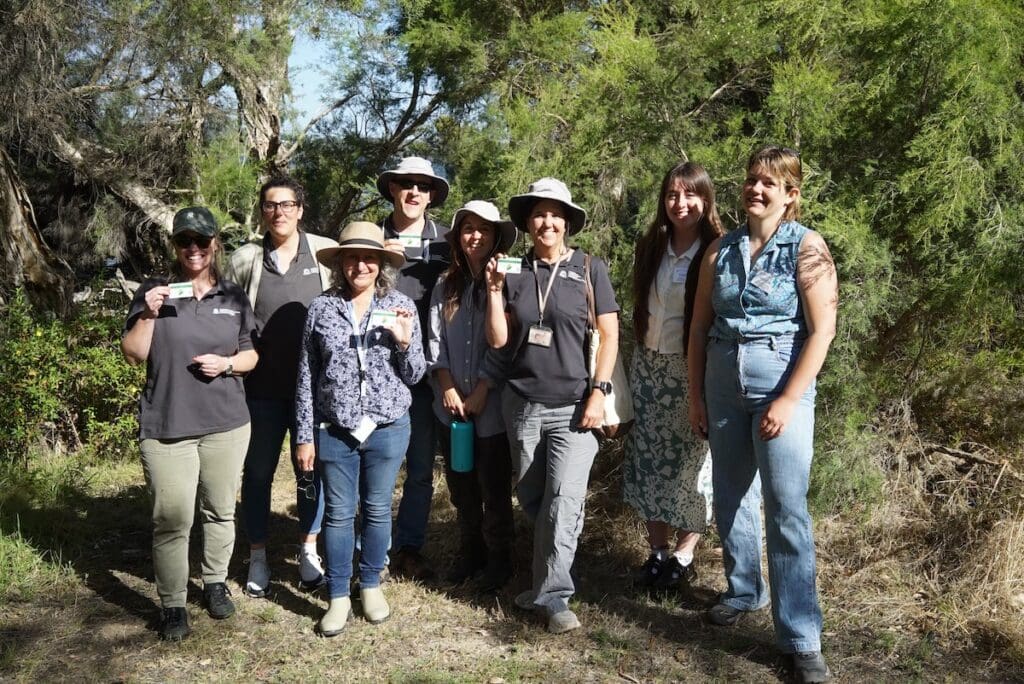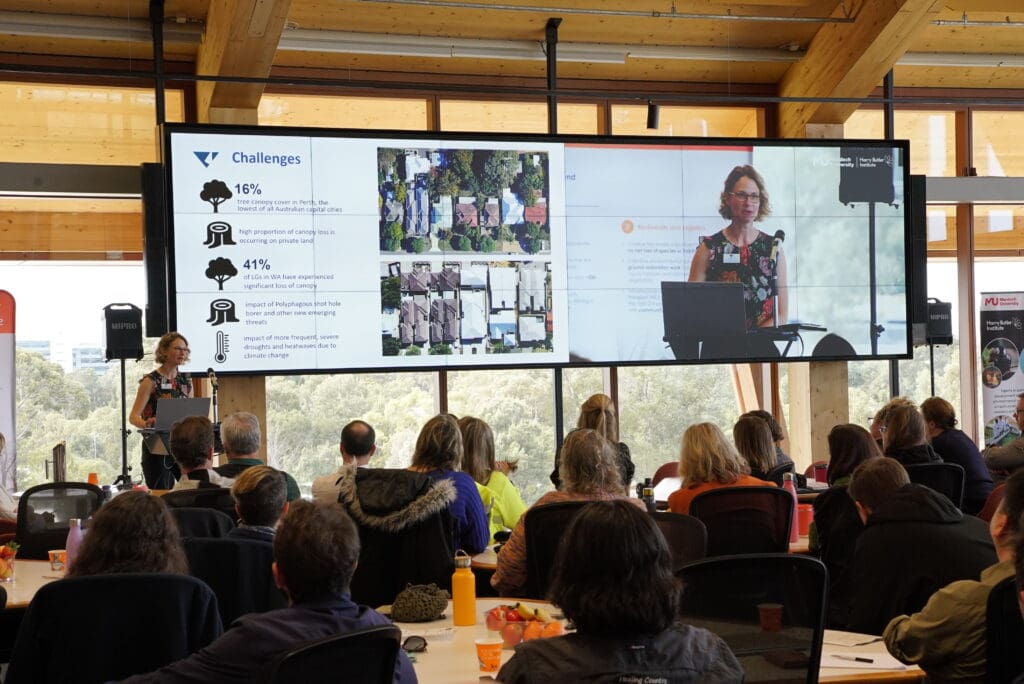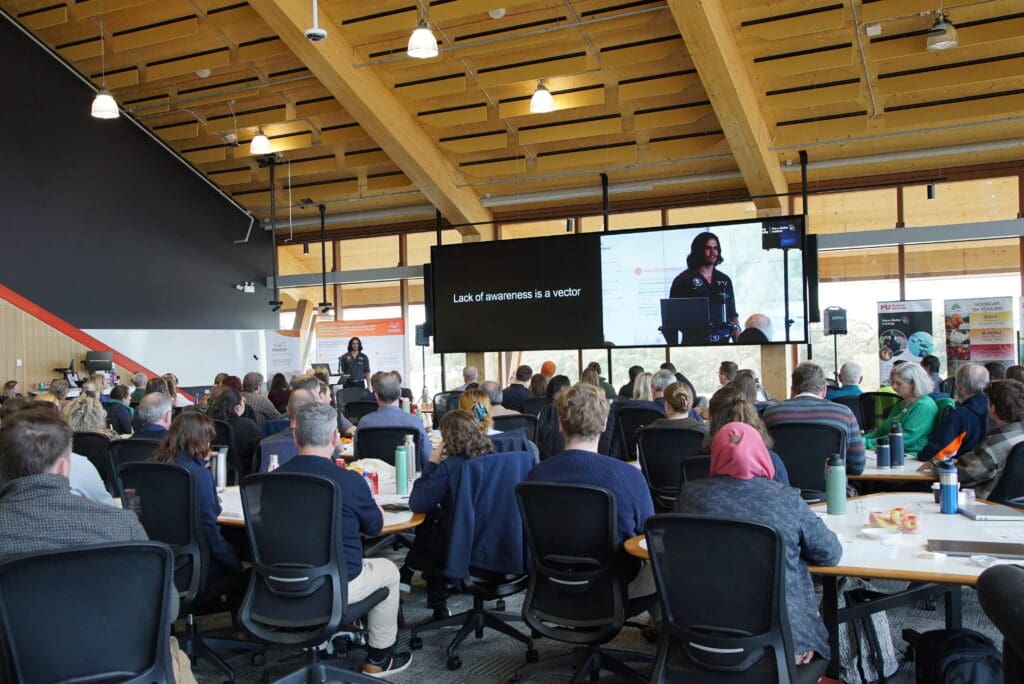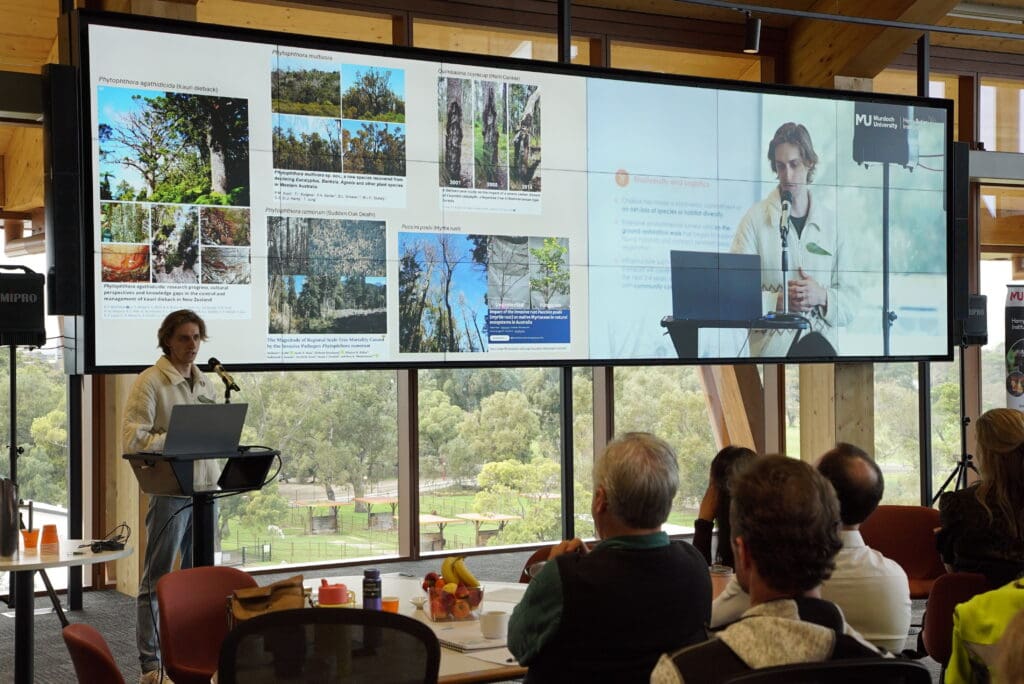SpEAKERS

Fredrik Hjelm
Conservationist & Environmental Operations Specialist, Director – Biosense
Fredrik is passionate about creating simplified solutions that are ecologically sound, culturally respectful, and built to last. He works across ecological science, field operations, and community collaboration to protect and restore Aotearoa’s unique environments. With a background in arboriculture and over a decade of experience in canopy research, seed collection, biosecurity, and bat conservation, I bring practical expertise to complex environmental challenges. Fredrik leads the operational delivery of research and restoration projects—often in sensitive ecological and culturally significant areas—partnering with mana whenua, communities, and researchers to achieve sustainable outcomes.
Protecting Giants – A Collaborative Approach to kauri Forest Health and Biosecurity
This presentation explores a collaborative, multi-disciplinary approach to protecting New Zealand’s iconic kauri forests from Phytophthora agathidicida (kauri dieback disease).
It highlights the co-development of a national surveillance program built on shared goals of Indigenous stakeholders, the Crown, and multi-agency partners. The approach integrates science, mātauranga Māori, and biosecurity practices to safeguard these forest giants.
The purpose of the program is to build capacity and capability for long-term forest health management led by Indigenous stakeholders.

KyLie ireland
Plant Diseases Program Leader at the Department of Biodiversity, Conservation and Attractions
Kylie is a passionate plant pathologist with a wealth of experience in plant biosecurity and plant disease management in natural ecosystems. She has worked on sudden oak death, myrtle rust and polyphagous shot hole borer, and currently leads a team supporting world-leading Phytophthora dieback management policies and procedures in WA as the Plant Diseases Program leader at the Department of Biodiversity, Conservation and Attractions.
Dieback Detector Dogs
Dieback detector dogs are the latest innovation in Phytophthora dieback diagnostics. The Department of Biodiversity, Conservation and Attractions (DBCA) is leading a project funded by the Australian Government Saving Native Species Program to develop dieback detector dog capacity across Australia. The project will determine the efficacy of the dogs under a range of laboratory and field conditions, and develop national guidelines to support commercialisation. WA case studies will be discussed, followed by a short demonstration.

Bruno Rikli
Director of BARK Environmental Pty Ltd.
A National Pathway to Market for Phytophthora-Free Basic Raw Materials
After being awarded a $2.4M grant, the Dieback Working Group (DWG) launched a series of research trials and strategic partnerships that together have the potential to significantly mitigate the risk of introducing Phytophthoras into vulnerable native vegetation including threatened ecological communities (TECs) nationally. This 2024-2026 DWG project is trialling fumigation in gravel at an industrial scale for use in civil road works, developing national rollout plans and engaging multiple stakeholders to develop a market solution for sourcing gravel with a low pathogen risk.
This project is funded by the Australian Government Saving Native Species Program, for innovative projects, including new technologies, methods and tools, to reduce threats to threatened species and ecological communities.

Anna Hopkins
Senior Lecturer, Edith Cowan University
Anna is a teaching and research academic in the School of Science at Edith Cowan University, where she leads the Molecular Ecology and Evolution Group. Anna is also the academic chair for postgraduate research programmes in the School of Science at ECU. Anna has worked as a forest pathologist and molecular ecologist in Australia, New Zealand and Sweden. Her current research focuses on managing invasive forest pathogens, the impact of disturbance on the soil microbiome and the use of eDNA tools in conservation.
A return to tertiary plant pathology teaching
There are few university-level courses that include a focus on plant pathology, despite a clear need for highly trained plant pathologists in industry. This presentation introduces two new plant pathology units that have been developed at Edith Cowan University. The units provide an overview of plant pathology principles and practices applicable in forestry, horticulture and agriculture. The session will also explore the ways industry can contribute to these units.

Senior Policy Officer – Department of Climate Change, Energy, the Environment and Water
Ben is a Senior Policy Officer as part of the Threat Policy and Planning team within the Department of Climate Change, Energy, the Environment and Water. The Threat Policy and Planning team progresses threat abatement activities for key threatening processes, through the preparation and implementation of threat abatement plans.
The review and update of the Phytophthora cinnamomi threat abatement plan: Lessons learned and next steps
In 2025, the Department of Climate Change, Energy, the Environment and Water completed the five-yearly statutory review of the threat abatement plan for disease in natural ecosystems caused by Phytophthora cinnamomi. This presentation will explore insights from the review including what progress has been made towards the plan’s objectives, where challenges remain, and next steps for updating and enhancing the plan in the future.

Mnqobi zuma
PhD candidate – Murdoch University
Mnqobi Zuma is a forest ecologist and PhD candidate at Murdoch University’s Harry Butler Institute. He has over five years of experience as a research forester in a pine tree breeding programme at Mondi in South Africa. He holds a Master of Science in Biocontrol Solutions for Plant Health from Université Côte d’Azur in France. His doctoral research investigates how fire, drought, and Phytophthora cinnamomi interact to shape plant–soil feedbacks (the two-way interactions between plants and the physical, chemical, and biological properties of the soil) and affect the recovery of forest ecosystems in the Northern Jarrah Forest of southwestern Australia. Mnqobi examines how soil fungi mediate these feedbacks and contribute to ecosystem resilience under compounding stress through field studies, glasshouse experiments, and fungal community analysis.
Does fire history affect native species’ response to Phytophthora cinnamomi infection?
Bushfires, drought, and Phytophthora cinnamomi increasingly threaten plant resilience in the Northern Jarrah Forest, yet their combined effects on belowground traits remain unclear. We grew Eucalyptus marginata, Banksia grandis, and Acacia acuminata in soils with varying fire histories, with and without pathogen inoculation. P. cinnamomi increased B. grandis mortality after recent burns and suppressed mycorrhizal colonisation in E. marginata. However, nodulation, cluster root volume, and biomass were unaffected. Results highlight species-specific response to disturbance interactions.
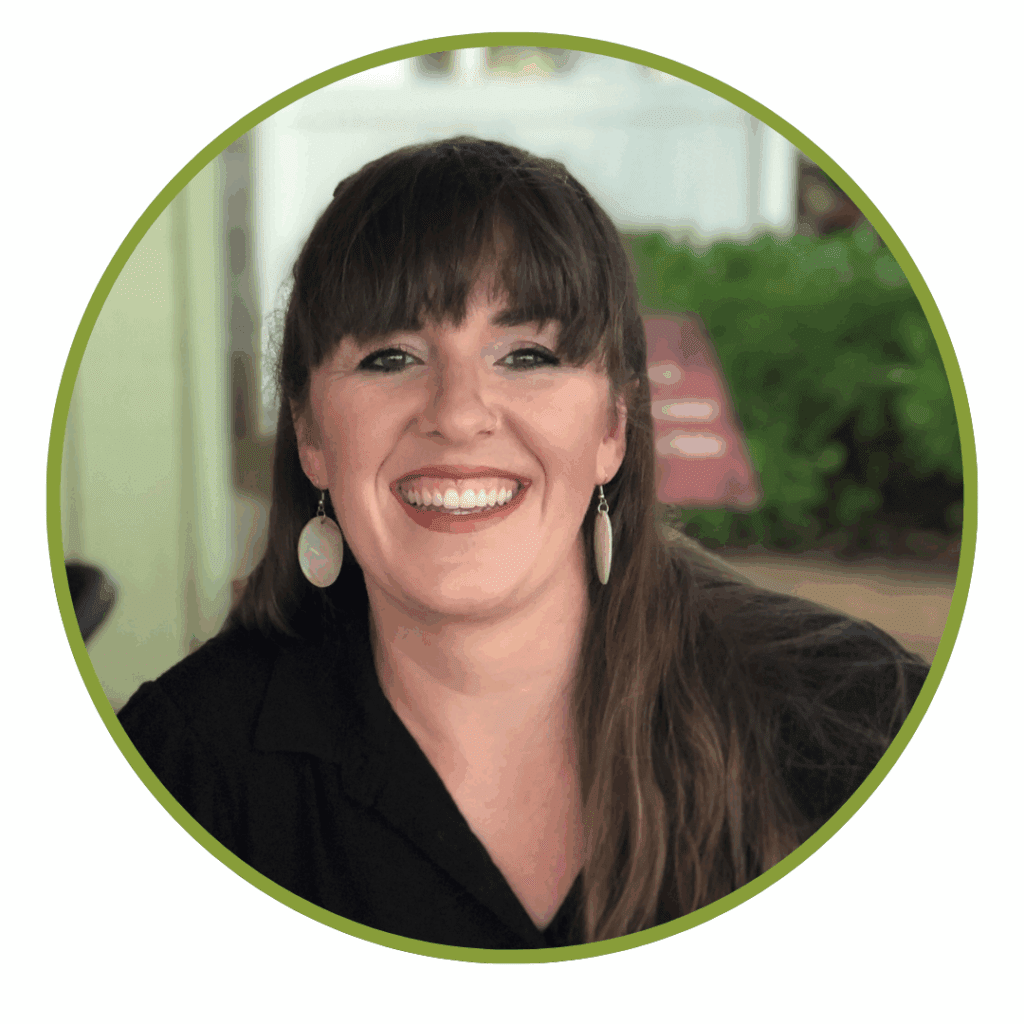
Sarah Sapsford
Research Fellow at the Harry Butler Institute, Murdoch University
Dr. Sarah Sapsford is a Research Fellow at the Harry Butler Institute, Murdoch University. Her research examines how ecological disturbances such as disease, fragmentation, and invasive species affect ecosystem dynamics. She has a particular interest in the roles of fungal pathogens and mutualists, including mycorrhizal fungi. Her work explores the interactions among plant hosts, beneficial fungi, and plant pathogens, and how these relationships are shaped by environmental change.
Landscape-scale assessment of the combined effects of fire, drought and Phytophthora cinnamomi on the Northern Jarrah Forest
The Northern Jarrah Forest is under increasing pressure from drought, fire, and disease. This study explores how these disturbances interact to influence soil fungal communities which play a key role in forest health. Using DNA sequencing from 202 soil samples collected across a gradient of disturbance, this research provides a landscape-scale snapshot of belowground biodiversity. Understanding these patterns is a first step toward uncovering how compounding environmental stressors may affect forest ecosystems.
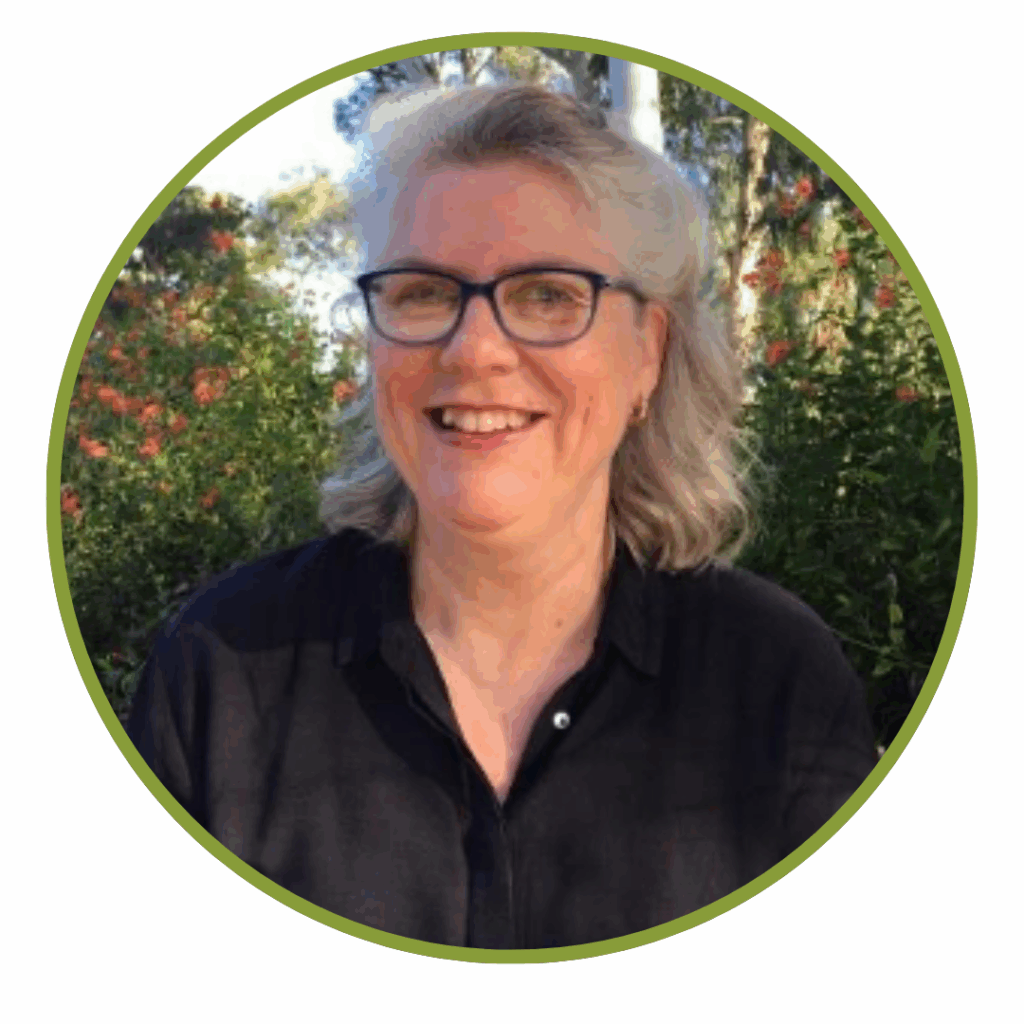
Janene Sproul
Lecturer (Murdoch University), Dieback Working Group
Dr Janene Sproul advocates for engagement with Nature at all lifestages, building her research in environmental sociology. Working to raise awareness and enthusiasm for local plant species influenced her high school Science teaching for 20 years. Now lecturing at Murdoch, Janene works with student teachers to develop authentic curriculum based activities, and increase accessibility and culturally responsive Science classrooms.
Taxonomy Tournaments: Engagement with Native plants in school and beyond
Reconnecting children and adults with Nature is a focus of many organisations, including schools. Barriers to deeper understanding and engagement include limited community knowledge of native plants and (until recently) botany not being a requirement of high school Science curriculum.Taxonomy Tournaments started out as a pilot in 2022 and quickly grew into a fun, accessible way for schools and communities to engage with Noongar Country-specific native plant databases. Now they even include info on which plants are susceptible to Dieback, a clever way to start conversations about protecting bushland health. This workshop showcases some of the presentations given to teachers as well as activities held at school. A tournament will run through the conference presentation day, winner will be announced at the conference wrap-up.
Major sponsors



Trade Exhibit Sponsors

Sponsors


Field Trip Sponsors


